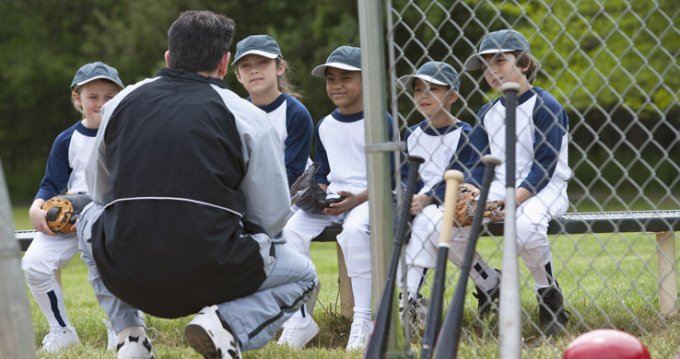
 Share
ShareCoaching the Mind
2014-11-15
 Hockey season is upon us, and coaches across the region are getting their young players in topnotch physical shape. But what about their mental well-being?
Hockey season is upon us, and coaches across the region are getting their young players in topnotch physical shape. But what about their mental well-being?Mike Souilliere, a counsellor with The Royal’s Early Intervention Program and a volunteer soccer coach, knows the importance of coaching the mind as well as the body. He understands that many mental illnesses can first develop at a young age — and that youth undergo tremendous physical, mental and social changes as they become adults. Teenagers may struggle with feelings of stress when dealing with a wide range of issues, including intense emotional relationships, self-image, sexuality, family expectations, peer pressure, bullying and pressures to do well at school. On top of this, young people not only tend to hide their feelings of depression and anxiety, but also don’t have the coping skills to understand what they are feeling.
Wearing dual hats of mental health worker and coach, Mike encourages young athletes to SEE (Sleep, Eat, Exercise). “You can SEE your way to better mental health,” he says, by adopting these three key principles: get enough sleep (at least 7–9 hours a night); eat foods that are less processed (don’t just grab that bag of cookies or chips) because in the long run nutritious food will improve your overall health and mood; and exercise (walking is one of the best ways to exercise).
Over and above stressing the SEE principles, Mike emphasizes the need for coaches and parents to walk a fine balance between pushing their players and recognizing when it’s time to let up. The Stittsville Minor Hockey Association understands the important relationship between mental health and overall well-being. Through its RAMS competitive program, the association is building awareness around mental health. Chris Weir explains: “It is our goal to help make a difference through awareness and support. Mental health issues should not be any different than physical injuries or illness, yet mental illness often goes unspoken. Maintaining a healthy community is important for our future, and the RAMS club is appreciative of the opportunity to partner with The Royal supporting our youth in creating a positive open environment.”
The bottom line, says Mike, is that coaches, parents and players need to understand that it’s okay to not be strong all the time — “to manage our and their expectations.”